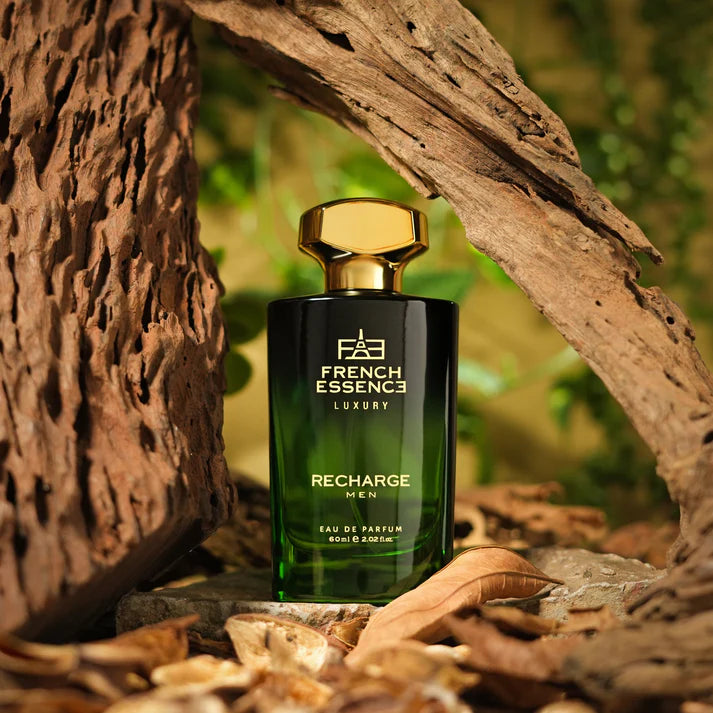
Luxury vs. Mass-Market Perfumes - What Justifies the Price Difference?
Perfumes have always been a way to impress and add a touch of elegance to your day. You can find a wide range of perfumes at all price ranges, from budget-friendly options to expensive luxury perfumes. But why is there such a big price difference between them? This article will look at what makes luxury perfumes cost more, their longevity, marketing and more. Read on!
Defining Luxury and Mass-Market Perfumes
Luxury perfumes are made using the highest quality ingredients. They are created by famous perfumers and come in elegant bottles. These perfumes are associated with prestigious brands, making them limited and exclusive. Mass-market perfumes are widely available and made with more common ingredients. These perfumes are produced in large quantities. They are affordable and sold through various retail channels.
Factors Contributing to the Higher Cost of Luxury Perfumes
- Ingredient Quality and Rarity: One of the main reasons luxury perfumes are more expensive is the quality and rarity of the ingredients used. Luxury fragrances often include rare and natural ingredients such as oud, jasmine, and rose oils, which are difficult to source and extract.
- Craftsmanship and Expertise: Luxury perfumes involve a high level of craftsmanship and expertise. Master perfumers are highly skilled in blending ingredients to create unique scents. The process of developing a luxury fragrance can take several months or even years.
- Brand Heritage and Marketing: Luxury perfume brands often have a rich heritage and history that adds to their excellence. Brands like Chanel, and Dior have been in the industry for decades, and have built a reputation for quality and elegance.
Comparison of Longevity and Sillage
Longevity refers to how long a perfume lasts on the skin, while sillage is the trail of scent left behind. Luxury perfumes offer better longevity and sillage compared to mass-market options. The high-quality ingredients and expert formulation of luxury perfumes ensure that they remain noticeable for an extended period.
Investing In Luxury Perfumes
Whether luxury perfumes are worth the investment depends on personal preferences and priorities. If you prefer unique, high-quality scents that last longer and have a popular brand name, then investing in luxury perfumes can be worthwhile. However, if you're looking for an affordable perfume with a pleasant scent then mass-market perfumes can be a great choice.
Top 5 Luxury Perfume Brands and Their Standout Fragrances
- Chanel: Chanel is one of the most popular luxury perfume brands, and it is known for its elegant and timeless perfumes. Their iconic Chanel No.5, remains a classic choice with floral and aldehydic notes.
- Dior: Dior is another prestigious luxury perfume brand that is popular for its luxurious perfumes. J'adore, one of its standout fragrances is known for its perfect blend of floral notes.
- Davidoff: Davidoff never fails to impress with its fresh, sophisticated fragrances. The popular Davidoff Cool Waters offers a refreshing scent with a blend of aromatic and marine notes.
- Giorgio Armani: Giorgio Armani is also another luxury brand known for its rich and elegant fragrances. Acqua di Gio is a standout scent admired for its fresh, aquatic notes.
- French Essence: French Essence is renowned for its luxurious long-lasting fragrances. They bring the magic of French perfumery with their range of skin- and environment-friendly options at an affordable price. Recharge Men Luxury Perfume, one of its signature scents, is a rich blend of citrusy and Oriental notes.

